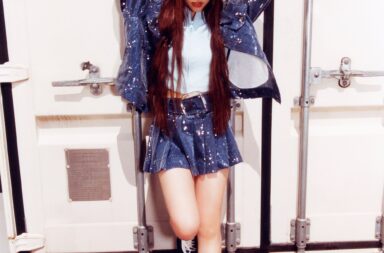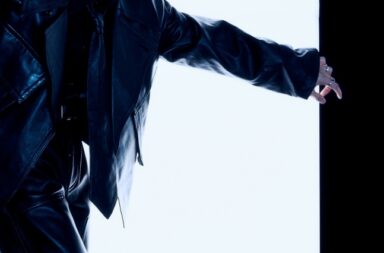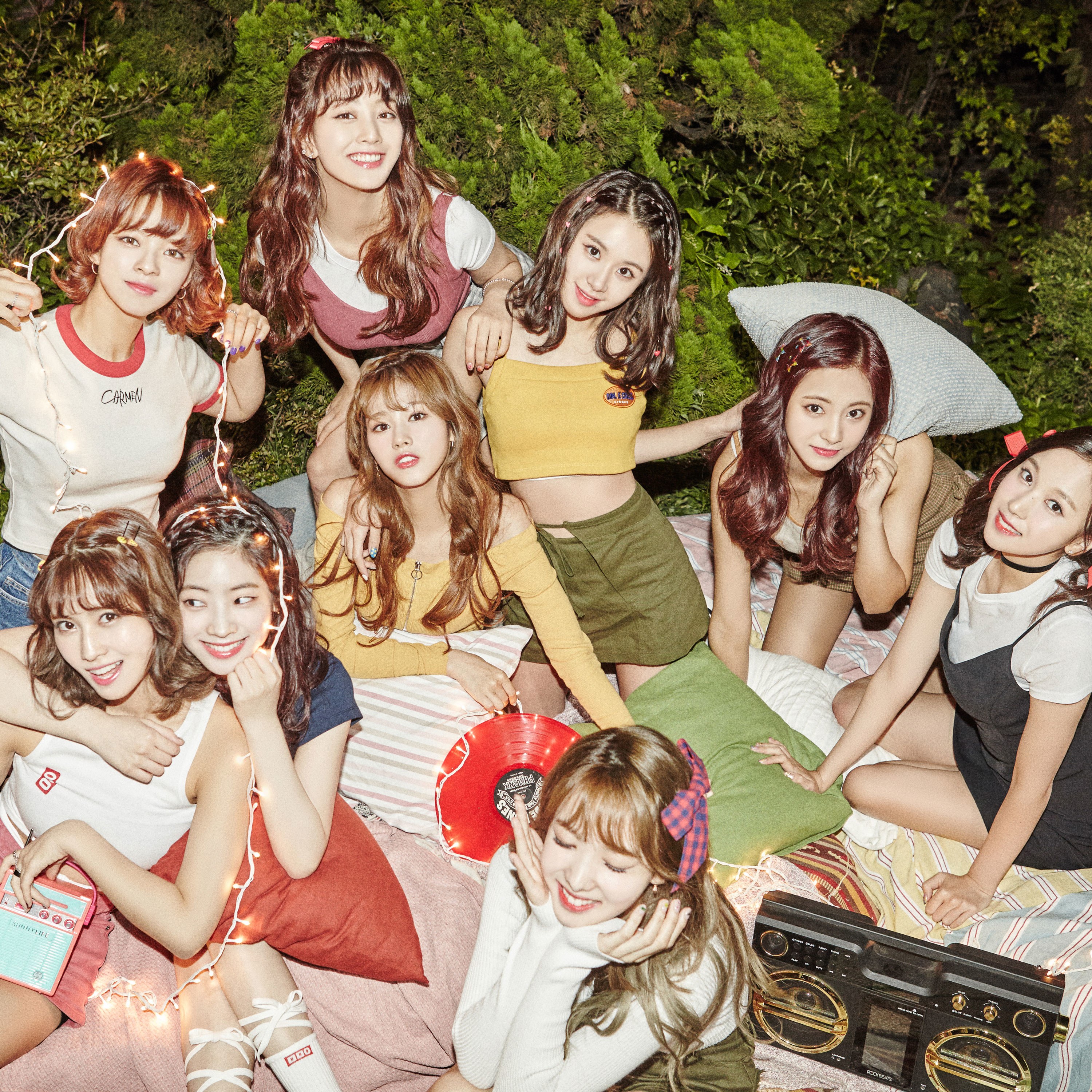
The start of K-pop’s “Golden Age” is turning a decade old in 2018, and it is hard not to be curious about what has changed over this period. There is no better time to look back on the dynamics of a decade. 2008 was the year that gave us remarkable hits such as “Rainism” by Rain, “U-Go-Girl” by Lee Hyori, and “Mirotic” by TVXQ, not forgetting about 2AM/2PM, IU, and Shinee’s debuts. Here at Seoulbeats, it was also appointed as the year of boy groups and soloists.
This statement can easily be applied to 2018 as well, since boy groups like BTS, Wanna One, Exo, Got7, and Monsta X are making waves and giving K-pop a global awareness never seen before. It has also been a year with a strong focus on soloists, like BoA returning in full power, Sunmi, Chungha, Heize, Taeyeon, and IU herself dominating the charts. As for the males, we had ex-Produce 101 contestants Samuel, Jin Longguo, Jeong Sewoon, Yoo Seonho, and Kim Donghan all releasing solos. In addition, 2018 has also put the spotlight on controversial rising stars Nilo and Shaun, Taemin’s Japanese career, Eric Nam’s new EP and U.S. tour, and Holland’s debut as the first openly gay K-pop idol.
But what about girl groups? While they have certainly achieved new landmarks in 2018—Black Pink and their collaboration with Dua Lipa, Red Velvet’s upcoming U.S. tour, Twice’s record-breaking streak—girl groups still face the same problems as their colleagues in the past decade: blatant misogyny (especially as a backlash to feminism), fewer physical sales, and far less longevity than their male counterparts. Even with female empowerment on the rise with the increased awareness about feminism and the #MeToo movement, things have not changed much in ten years.
Although Twice rises as a black swan in this scenario because of their popularity and sales that level those of well-known boy groups, such a position only makes their future even more unpredictable. JYP’s past girl groups, namely Miss A and Wonder Girls, had a history of long hiatuses and mismanagement despite seeing profitable success. After all, “Nobody” was awarded “song of the year” in 2008. Twice is only three years into their debut and hopefully their company has learnt its lesson. But in all forms, they are still an exception—and not exactly the light-bearers to a new generation of girl groups.
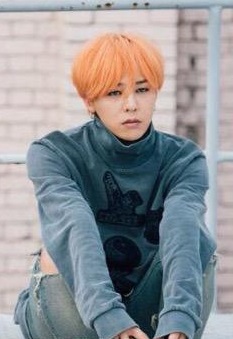
The longevity of boy groups can easily be observed when we look at the big names of 2008: TVXQ, Big Bang, Shinee, and even Shinhwa are still going strong—not always with the same power, but still with considerable influence. Even though they have all seen hardships on their paths, such as the JYJ-SM lawsuit, G-Dragon and T.O.P’s marijuana scandals and the group’s enlistment, Jonghyun’s passing and Onew’s harassment controversy, none of it was severe enough to necessitate disbandment. As for girl groups, the departure of Sunye and a failed American debut were enough to put the Wonder Girls on a three-year hiatus; Jewelry survived for fourteen years, but not without changing their whole line-up; and a drug scandal was much more harsh on Park Bom, who also underwent a long hiatus until the official disbandment of 2NE1.
In fact, it seems that the longer a boy group is active, the higher their chances of surviving controversies unscathed. On the other hand, females are often left behind and forgotten—not to mention the 7-Year Curse or the Rule of One. Whether because loyal fanbases grow with the group and thus learn to be more accepting or because Korea itself tends to punish men less, it remains a fact that some male idols can do almost anything with minor backlash.
It is impossible to talk about controversies and not be reminded of one of the biggest scandals of 2018: Hyuna and E’Dawn’s relationship reveal after Korean fans were bothered by her “excessive skinship” towards him. This culminated with the end of their contracts with Cube and the disbandment of Triple H. For once, the female part of the couple is more famous and established than the male, making this an interesting situation though no less problematic in the eyes of fans. E’Dawn’s future remains cloudy for now, but this peculiar case still shows how prickly scandals can be in Korea’s idol industry. Also, it touches on one of the main differences between 2008 and now: interactions between opposite genders.
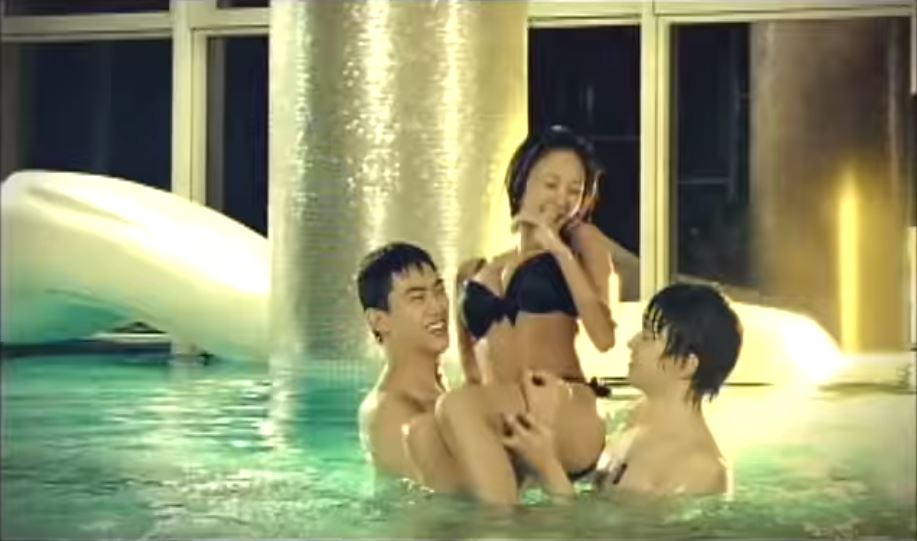
If one looks through MVs and live performances of ten years ago, they will find many examples that seem unimaginable in 2018: G.Na in a bikini playing in the pool with members of 2PM on their debut “10 Out of 10”, Super Junior’s Donghae serving as the romantic interest of all nine Girls’ Generation members on “Kissing You”, and—perhaps the most shocking of all—Big Bang’s TOP kissing Lee Hyori’s lips at the MKMF Awards.
In 2018, Up10tion’s Wooshin finally returned from a nine-month hiatus for allegedly touching Somi’s chest (which has been proven false through forensic tests), and Laboum’s Solbin had to publicly apologize for greeting BTS’ Jin informally (since that hinted they could be close friends), just to cite a few examples. To think of a simple collaboration between, say, Black Pink and iKon nowadays sounds like a crazy idea, especially when Bobby previously complained about being prohibited to even greeting the girls. While there certainly exists some media play to this statement, it is worrisome that such facade is prevalent in the industry. Aside from very few examples, 2018’s K-pop is a nonsensically prude stage, where its artists are expected to be sexual and romantic—but only towards their fans. Why did such a gap come to life, especially when the world is seeing a rise on the awareness of social issues such as female empowerment? The interaction between male and female performers should not be seen as a taboo, with both genders expected to be seen as equals on stage.
The power of social media cannot be left unmentioned, as now idols and fans interact daily through Twitter, VLive, Instagram, and many other media platforms. This focus on individual content made exclusively for one fandom, which—paired with the decline of variety TV shows in favor of survival shows—has made interactions between idols from different groups obsolete and greatly diminished. On the other hand, the sense of ownership from fans exponentially grows. When idols are just one click away and at every moment there is someone updating/taking photos/transcribing every single step, it has become much easier to blur the lines between fantasy and reality.
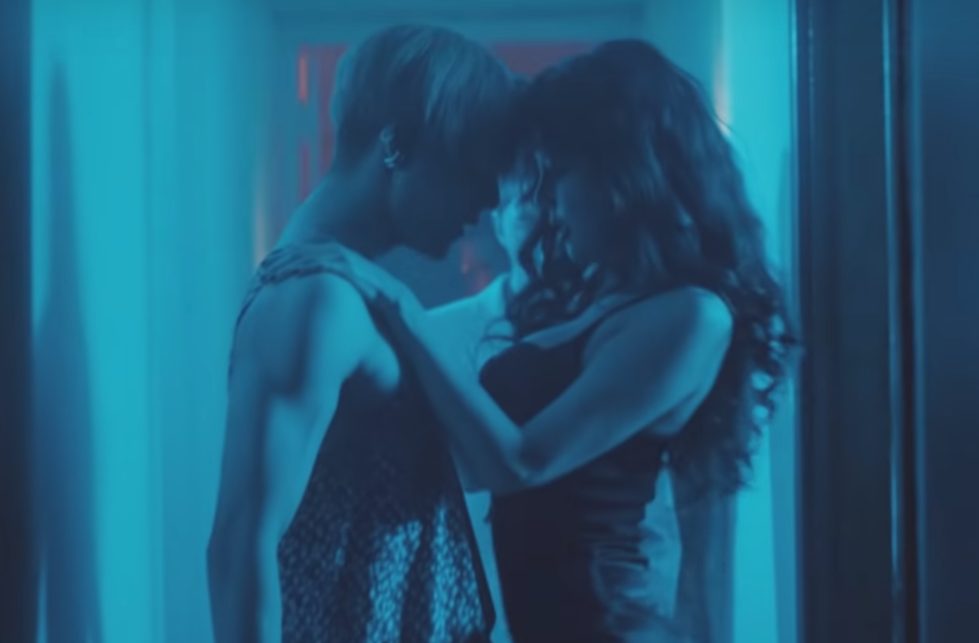
The aforementioned awareness about social issues also plays a part, as it can be distorted for hardly noble reasons. While it does bring improvements—think about how many idols are being educated on the N-word, for example—it is not always for the good. A great example is, once again, Hyuna and E’Dawn’s relationship. Some netizens accused the woman of being downright abusive, and while discussions about over-the-limits behavior are valid, it is also easy to mask jealousy and a sense of betrayal with “false-concerns” that lack argumentative depth and proof. After all, they are two consenting adults putting on a performance and should hardly be penalised for it. Fans who support these causes on gender quality, better treatment of idols, and more should hardly view such an interaction as a betrayal. After all, they should recognise that idols have their own lives, and onstage interactions cannot condemn female (or male) idols to violating their beloved oppas.
The same behavior can be found whenever idols are on Western schedules and are asked about girlfriends or boyfriends. While some interviewers do cross the line, it cannot be expected that a visually-charged and highly sensual product would not incite public interest in personal matters too. It would make no sense to complain about Justin Bieber or One Direction being asked about their relationships, so why should it be forbidden when it comes to K-pop idols? Cultural differences should not serve as a parameter to this: it might be equally unhealthy to pretend you never had any romantic experiences, as it is to boast about them in the public-eye.
Most aspects of K-pop have seen an improvement from ten years ago (thanks HD quality and fashion cycles!), but the puritan values that now dictate interactions between idols feel like a huge setback. It hardly makes sense how seemingly intimate performances are more accepted a aadecade ago. In a phenomenon that can be observed beyond K-pop, conservative beliefs seem to thrive despite society’s awareness of social issues. And if dating bans weren’t bad enough, K-pop is now largely deprived of genuine interactions between males and females. This only shows how far we are from a scenario where different genders can stand on the the same ground—inside or outside entertainment.
(CNN, Naver, Nate [1] [2] [3], Youtube, Instiz, Quartz, NY Times, The Diplomat, MNet, CNBC, Images via JYP Entertainment, Cube Entertainment)
